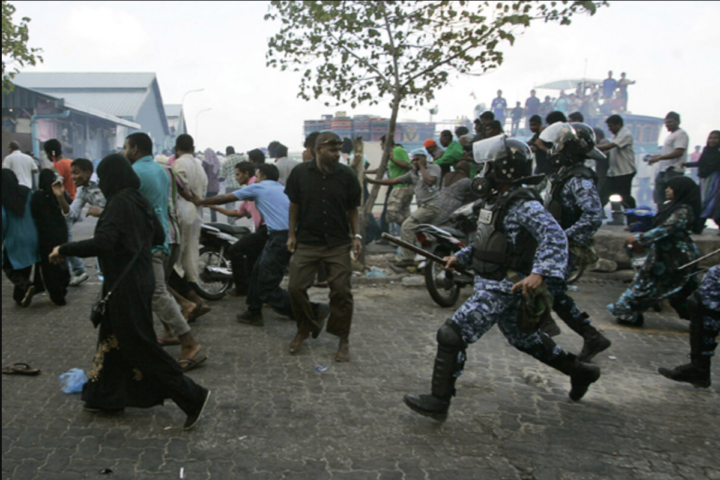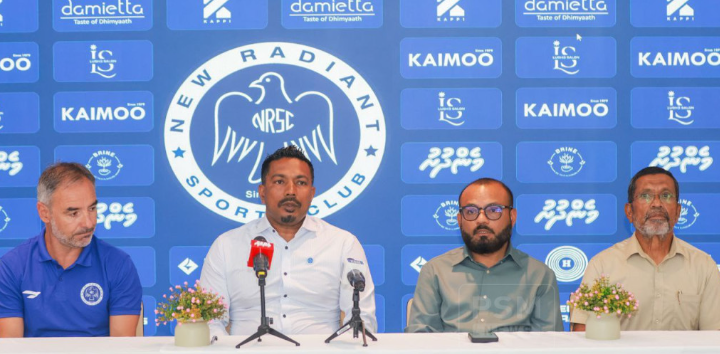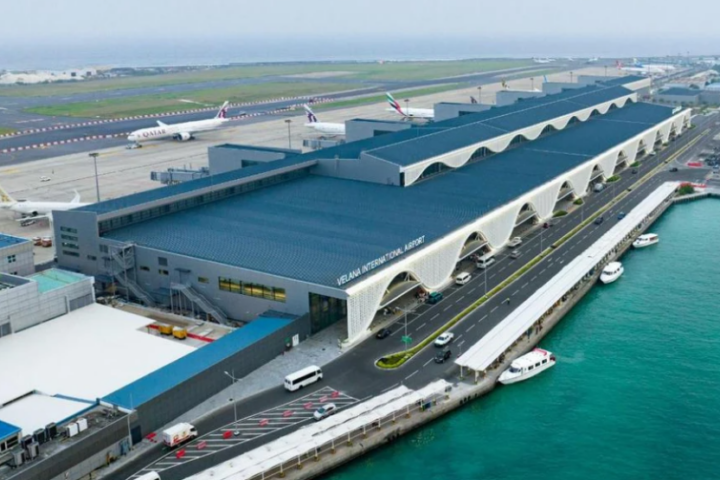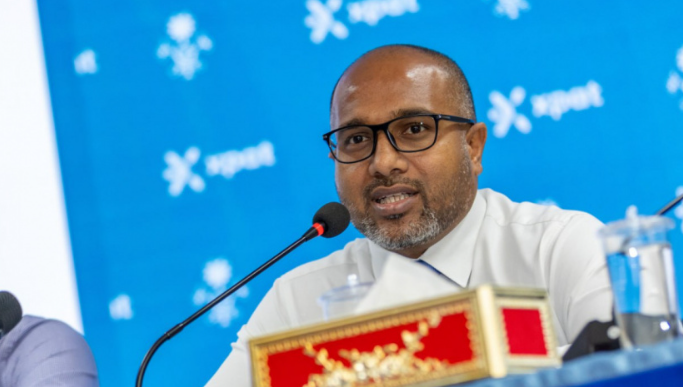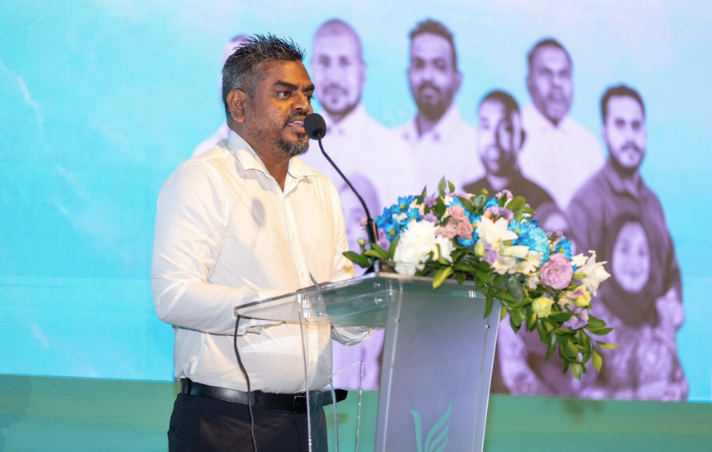In any civilized society, the principles of jurisprudence require that a person under trial, however grave the charges against one may be, must be allowed to defend oneself in a court of law before one is pronounced guilty. In the case of former Prime Minister of Bangladesh Sheikh Hasina, unfortunately, the International Crimes Tribunal has grossly violated this principle while pronouncing her guilty and passing against her the death sentence.
Following an independent fact-finding inquiry, the Office of the United Nations High Commissioner for Human Rights in February this year did come to the conclusion that the former Awami League government in Bangladesh between July 1 and August 15, 2024, “systematically engaged in serious human rights violations, hundreds of extrajudicial killings, arbitrary arrests, detention and torture.” The UN rights office has estimated that nearly 1,400 people were killed during the month-long agitation known as ‘July Uprising’ launched by the Students Against Discrimination against the Sheikh Hasina government.
Yet the fact remains that when Sheikh Hasina and her Home Minister Asaduzzaman Khan Kamal were arraigned before the International Crimes Tribunal – Bangladesh in absentia and the death sentence was passed against them, they had not been given the opportunity to defend themselves, as legal experts have pointed out. To that extent, the verdict of the ICT – B was bad in law and the charge of Sheikh Hasina that the judgement has been passed by a “rigged tribunal” established and presided over by an “unelected government with no democratic mandate” has much justification. Sheikh Hasina alone was slapped with more than 200 cases, an astonishing number.
According to legal experts, legal, constitutional and procedural lapses have raised serious questions about the validity of the death sentence. The prosecution was clearly biased. Chief Prosecutor Tajul Islam was earlier the defence lawyer for Jamaat-e-Islami leaders accused of war crimes and his appointment as the prosecution lawyer against Sheikh Hasina was purely for retribution.
Sheikh Hasina has claimed that she had been denied the right to defend herself before the ICT and was not allowed the lawyer of her choice. The state-appointed defence lawyer Mohammed Amir Hossain admittedly did not attempt to communicate with Sheikh Hasina, nor was there any provision allowing such an attempt. The application of senior Bangladesh Supreme Court lawyer Z. I. Khan Panna to represent Sheikh Hasina was rejected. The same state-appointed lawyer defending both Sheikh Hasina and Home Minister Asaduzzaman Khan Kamal was again a serious procedural lapse. The prosecutors barred the defence lawyer from cross-examination of witnesses for contradiction.
The defence lawyer could not file an appeal against the judgement of the ICT on the ground that the accused were absconding. The defence lawyer was even denied access to a copy of the verdict. Besides, according to legal experts, it is a gross travesty of justice to pass the death sentence without the presence of the accused person in the court. Significantly, the human rights office of the United Nations, too, has opposed the death penalty against Sheikh Hasina and Asaduzzaman Khan Kamal on the ground that death penalty must be opposed under all circumstances.
Even there were fundamental flaws in the legal basis of the International Crimes Tribunal – Bangladesh trying the case of Sheikh Hasina and others. For, the ICT-B was created under an act of 1973 to try cases of genocide and crimes committed during the liberation war of Bangladesh of 1971; and its role was limited to the historical context. An amendment to the act carried out through an ordinance was bad in law as the Parliament of Bangladesh had not approved the changes.
Hailing the verdict of the ICT against Sheikh Hasina and her Home Minister Asaduzzaman Khan Kamal, Chief Advisor of the interim government of Bangladesh Mohammed Yunus has said that the court ruling has affirmed the principle that ‘no one, however powerful, is above the law.’ Yet, according to analysts, the unseemly haste with which the trial of Sheikh Hasina has been carried out and the verdict delivered leaves little scope of doubt that the real intention behind the trial is to ensure that Sheikh Hasina cannot make her presence felt in the ensuing elections in Bangladesh; scheduled to be held in February 2026.
The elaborate security arrangements put in place by the Bangladesh government in the wake of the awarding of the death sentence against Sheikh Hasina is a clear indication that the former Prime Minister enjoys a large measure of mass support and the interim government does not consider the Awami League to be a spent force. With the Awami League announcing a three-day nation-wide protest from November 19 to 21 against the “politically motivated and vengeful” verdict against Sheikh Hasina, the police and the para-military forces resorted to intensive patrolling, security cordons and barricades.
The interim government which has come to power riding the wave of pro-Pakistan and anti-India sentiments unleashed by fundamentalist Islamic forces in Bangladesh has an obligation to ensure that the Jamaat-e-Islami and other such forces have a chance to form the government in Dhaka after the elections. But the fundamentalists are not yet sufficiently organized to prevail over the people with secular values who still constitute the majority of the Bangladesh population. The Islamic fundamentalists are, therefore, wary of facing mainstream political parties like the Awami League and the Bangladesh Nationalist Party in the coming elections. It is not unexpected that Sheikh Hasina has become the victim of a witch hunt.
The interim government which is beholden to Pakistan also has a vested interest in embarrassing New Delhi at the behest of Islamabad. Within hours of the ICT passing its verdict, Dhaka raised the demand that India extradite Sheikh Hasina and Asaduzzaman Khan Kamal immediately to Bangladesh.
New Delhi has taken a matured stand of engaging constructively with all the stakeholders in the interest of peace, democracy and stability in Bangladesh. These interests will not be served if a hardcore Islamic fundamentalist regime comes to power in Dhaka. That will pave the way for more instability and violence in the entire subcontinent.
Sheikh Hasina continues to be a stabilizing force in Bangladesh and she must be given the chance to defend herself and clear her name from the accusation of commission of crimes against humanity in a fair trial before a neutral judicial body like the International Court of Justice in the Hague, the judicial organ of the United Nations.





